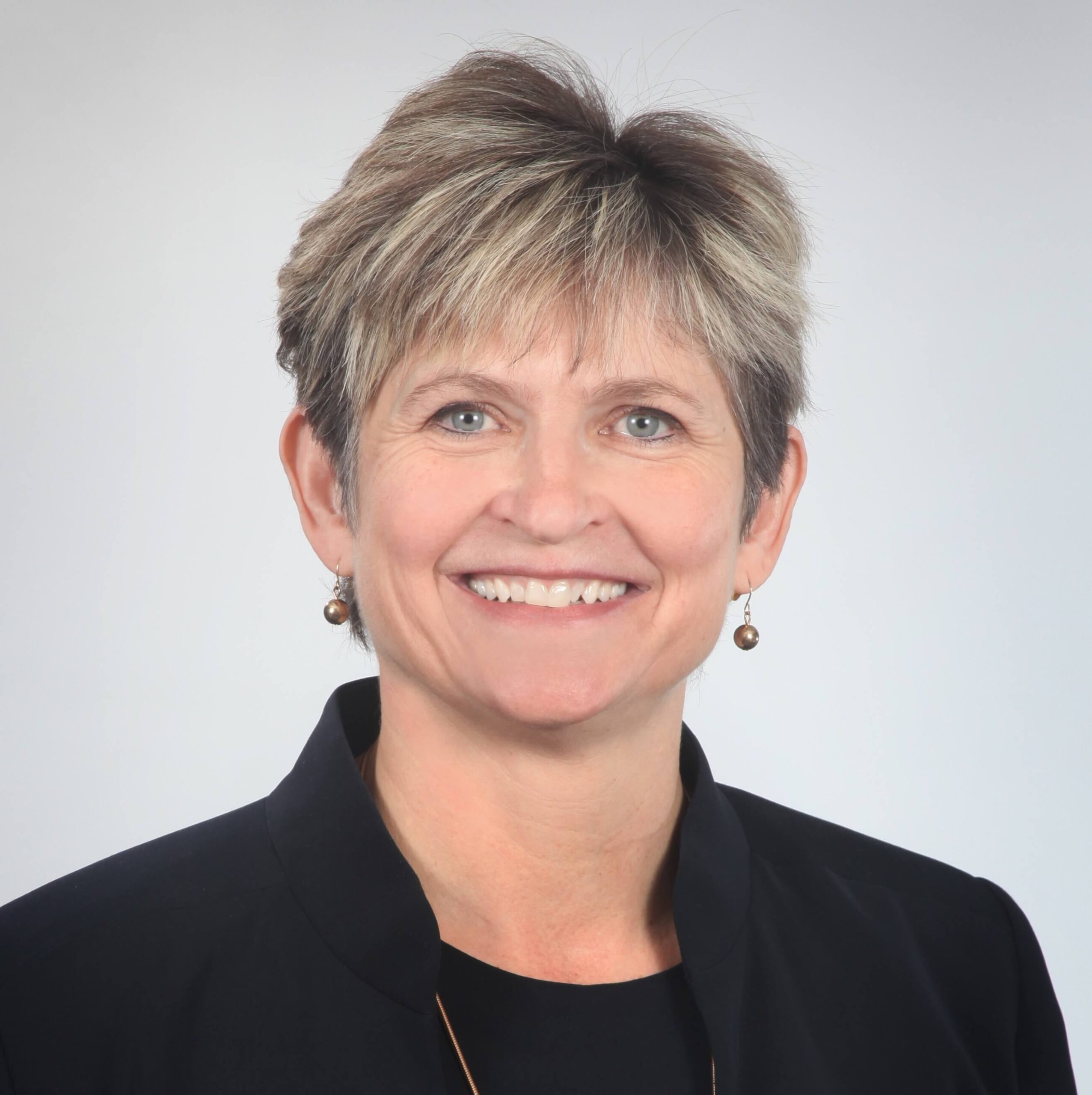The 7th ACM SIGSPATIAL International Workshop on AI for Geographic Knowledge Discovery
Updates
- 8/28/2024: The submission date has been further extended to 9/6/2024.
- 8/20/2024:The submission date has been extended to
8/30/2024. - 8/13/2024: The submission link is active : https://easychair.org/my/conference?conf=geoai24.
- 10/14/2024: The workshop program is available.
- 11/18/2024: Proceedings of the 7th ACM SIGSPATIAL International Workshop on AI for Geographic Knowledge Discovery are online! Program is updated with the links to each paper.
Keynote Talk: Advancing GeoAI: Harnessing Google Gemini for Geospatial Data Exploration and SAM2 for Remote Sensing Image Segmentation
-
Speaker: Dr Qiusheng Wu, Associate Professor and the Director of Graduate Studies in the Department of Geography & Sustainability at the University of Tennessee, Knoxville.
Abstract: The intersection of artificial intelligence (AI) and geospatial data science is revolutionizing our approach to exploring, managing, and analyzing complex geospatial datasets. In this presentation, I will showcase two pivotal examples of GeoAI applications. First, I will introduce the Earth Engine Dataset Explorer, powered by Google Gemini, which facilitates efficient exploration and analysis of extensive geospatial datasets. The second part will delve into remote sensing image segmentation using the SAMGeo Python package, empowered by the Segment Anything Model 2 (SAM2). Together, these examples illustrate how GeoAI is transforming geospatial data science by automating complex tasks and providing new insights for societal and environmental applications.Bio: Dr. Qiusheng Wu is an Associate Professor and the Director of Graduate Studies in the Department of Geography & Sustainability at the University of Tennessee, Knoxville, and an Amazon Visiting Academic. He specializes in geospatial data science and open-source software development, focusing on leveraging big geospatial data and cloud computing to study environmental changes, particularly regarding surface water and wetland inundation dynamics. Dr. Wu is the creator of several widely used open-source Python packages, including geemap, leafmap, and segment-geospatial, which are designed for advanced geospatial analysis and visualization
Background
Advances in artificial intelligence, hardware accelerators, and data processing architectures continue to reach the geospatial information sciences, with a transformative impact on many societal challenges. Recent breakthroughs in deep learning have brought forward an automated capability to learn representational features from massive and complex data, including text, images, and videos. In tandem, rapid innovations in sensing technologies are supporting the collection of geospatial data in even higher resolution and throughput, supporting the observation, mapping, and analysis of different events/phenomena over the Earth’s surface with unprecedented detail. Combined, these developments are offering the potential for breakthroughs in geographic knowledge discovery, impacting decision-making in areas such as humanitarian mapping, intelligent transport systems, urban expansion analysis, health data analysis and epidemiology, the study of climate change, handling natural disasters, the general monitoring of the Earth’s surface, and achieving sustainability.
With a continued combination of artificial intelligence, spatiotemporal data computing, and geographic research, we invite you to join us at GeoAI 24′, which will be held alongside SIGSPATIAL 2024, in Atlanta, Georgia, U.S.
Topics
Example topics include but are not limited to:
- Geospatial domain-guided machine learning algorithms (GeoAI)
- Explainable geospatial artificial intelligence (XGeoAI)
- Novel deep learning architectures and algorithms for geospatial information
- Earth and Climate Science foundation models and downstream tasks
- GeoAI assistants and applications
- Spatially-aware AI methods
- GeoAI methods for networks and geographic knowledge graphs
- GeoAI for flow generation and spatiotemporal prediction
- Self-supervised and unsupervised methods in GeoAI
- Human in the loop enhanced GeoAI methods
- Uncertainty quantification methods for GeoAI
- Natural language interfaces for geospatial information
- Data integrity, privacy and ethics in GeoAI
- Multimodal learning for geospatial applications
- Geospatial recommendation methods
- Applications:
- Earth observation and sustainability
- Health and epidemiology
- Precision agriculture
- Location intelligence
- Urban growth prediction and planning
- Disaster response and humanitarian applications
- Mobility and traffic data analytics
- Earth system science and weather forecasting
- Cartography
- Archaeology and anthropology
Workshop Chairs

Shawn Newsam
University of California, Merced
Lexie Yang
Oak Ridge National Laboratory
Gengchen Mai
The University of Texas at Austin
Bruno Martins
University of Lisbon
Dalton Lunga
Oak Ridge National Laboratory
Song Gao
University of Wisconsin Madison
Di Zhu
University of Minnesota
Samantha Arundel
United States Geological SurveySubmission Details
Paper submission:23rd August, 20246th September, 2024
Decisions to authors: 27th September, 2024 Camera-ready versions : 4th October, 2024Workshop day: 29th October, 2024
Format
This is a one-day workshop, which includes two keynotes (one for the morning and one for the afternoon respectively) and individual presentations. A paper competition will also be organized for the presented papers. Three submission types will be included in this workshop:
- Full research paper: 8-10 pages with 2-page appendix
- Short research paper or industry demo paper: 4 pages
- Vision or statement paper: 2 pages
Full research papers should present mature research on a specific problem or topic in the context of geospatial AI. We also welcome short research articles or industry demonstrations of existing or developing methods, toolkits, and best practices for AI applications in the geospatial domain. A vision for future directions or an overview statement on gaps and challenges for the development of AI technology and their applications in the geospatial domain are also welcome. All submitted papers will be peer reviewed to ensure the quality and the clarity of the presented research work.
Manuscripts should be submitted in PDF format and formatted using the ACM camera-ready templates available at http://www.acm.org/publications/proceedings-template. All submitted papers will be peer reviewed to ensure the quality and the clarity of the presented research work. Submissions will be single-blind — i.e., the names affiliations of the authors should be listed in the submitted version.
Program Committee
- Gautum Thakur, Oak Ridge National Laboratory, USA
- Bernd Resch, University of Salzburg, Austria
- Wenwen Li, Arizona State University, USA
- Ross Purves, Department of Geography, University of Zurich
- Ni Lao, Google
- Orhun Aydin, Esri Inc., USA
- Grant McKenzie, McGill University, Canada
- Bo Peng, PAII (U.S. Research Lab of Ping An Tech)
- Peng Luo, MIT & Technical University of Munich:
- Yao-Yi Chiang, University of Minnesota, USA
- Nico Van de Weghe, Ghent University
- Dengfeng Chai, Zhejiang University, China
- Yingjie Hu, University at Buffalo, USA
- Fan Zhang, Peking University
- Hao Li, Heidelberg University, Germany
- Xiao Huang, University of Arkansas